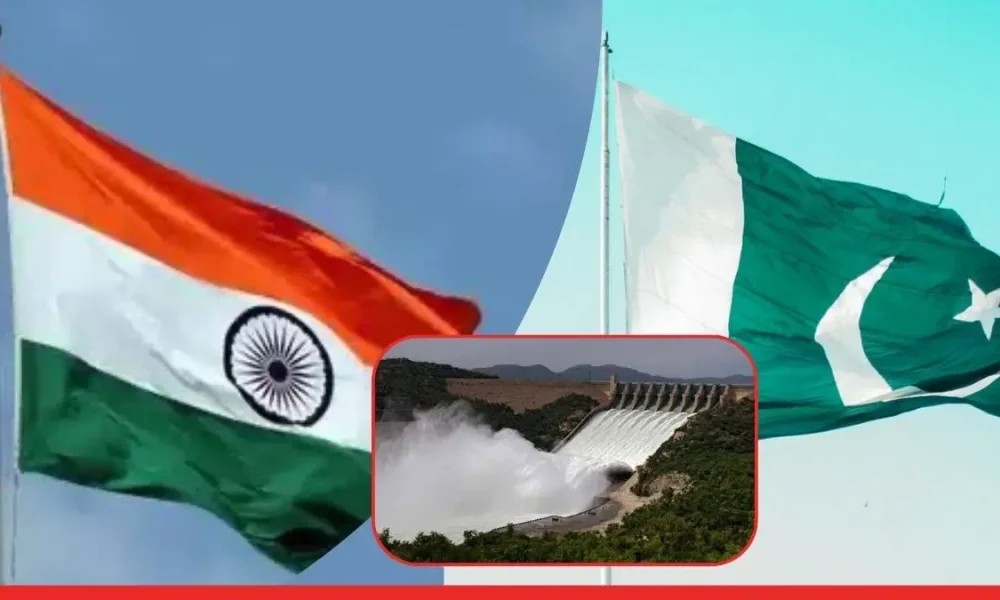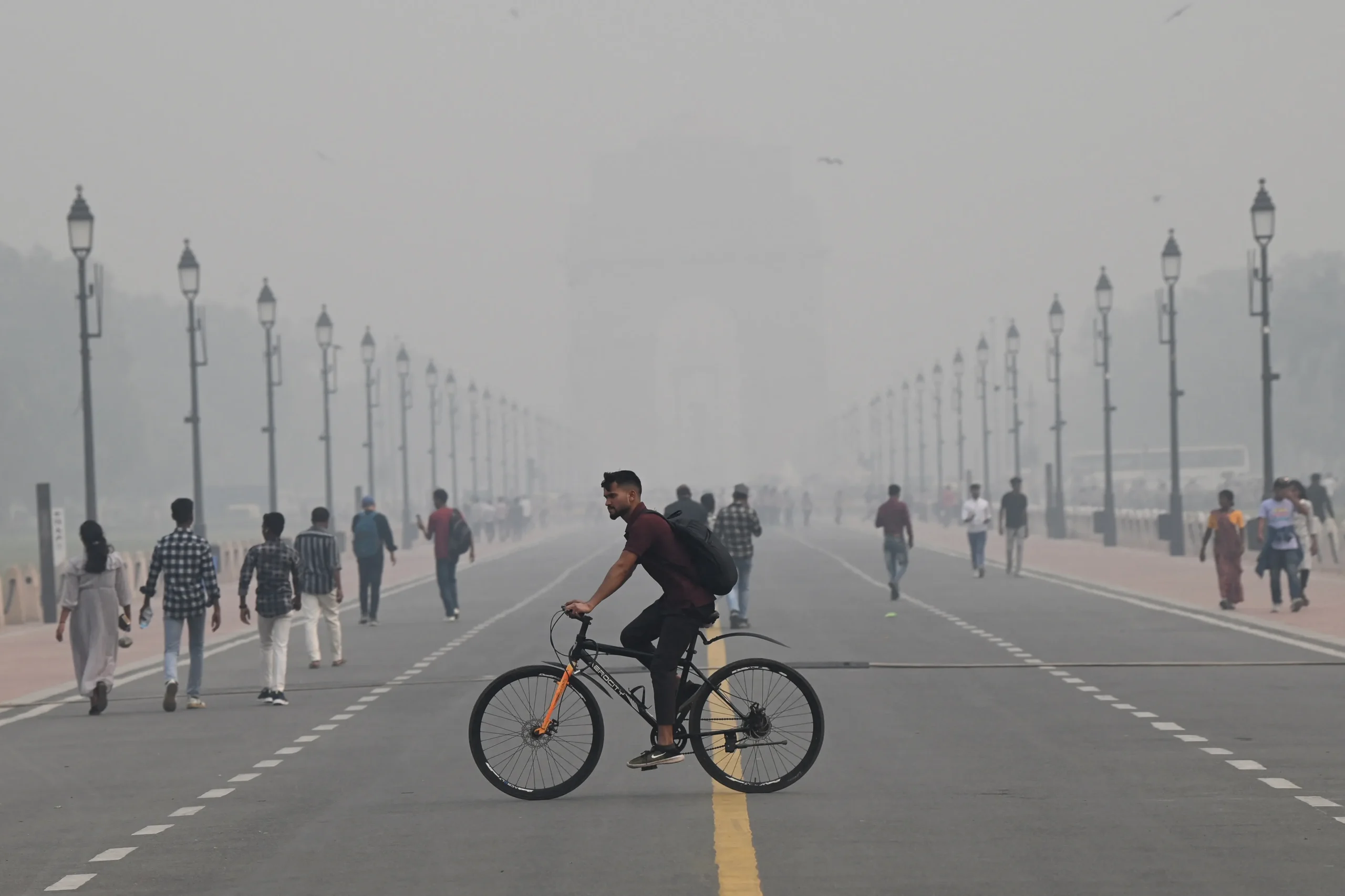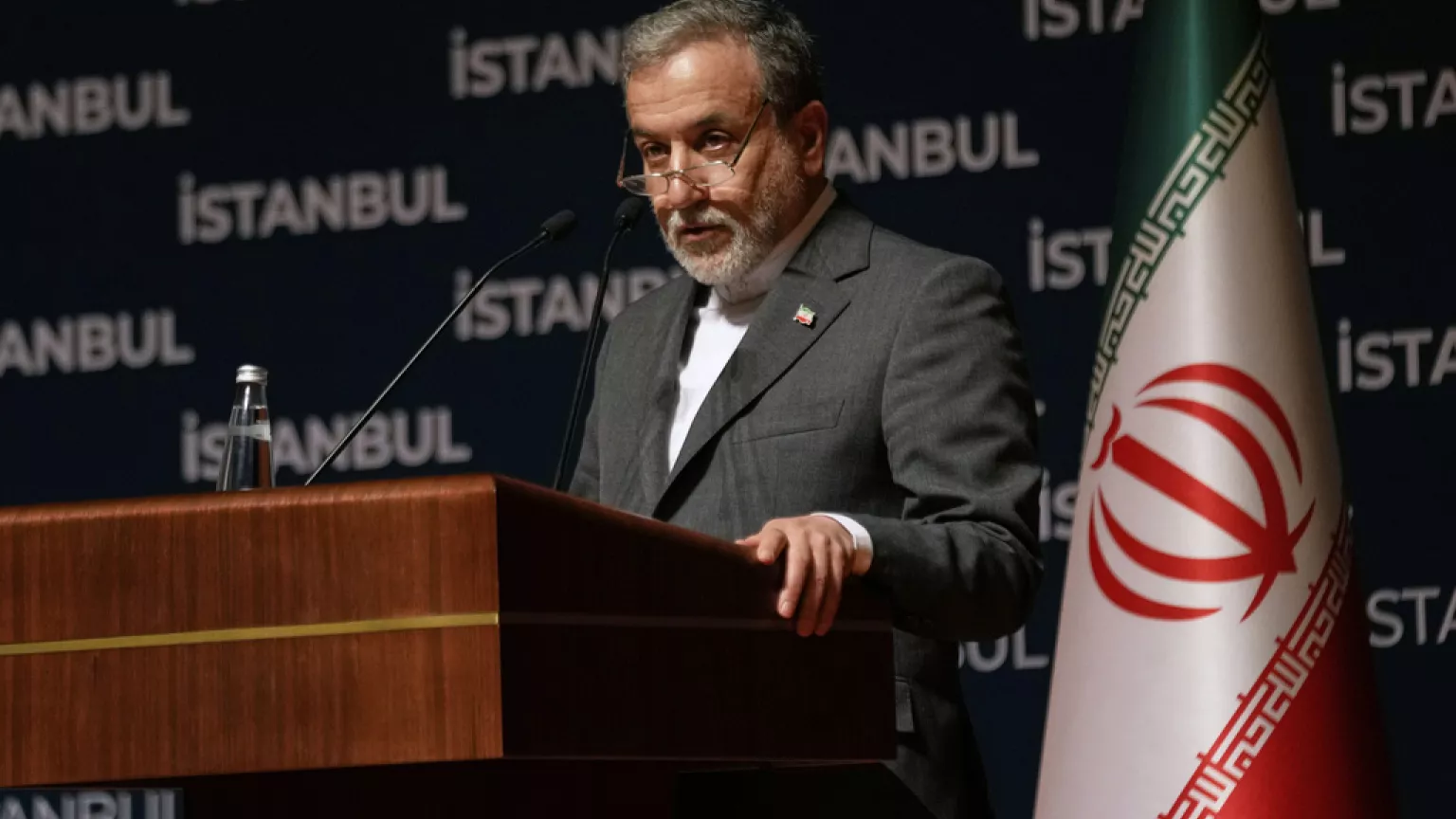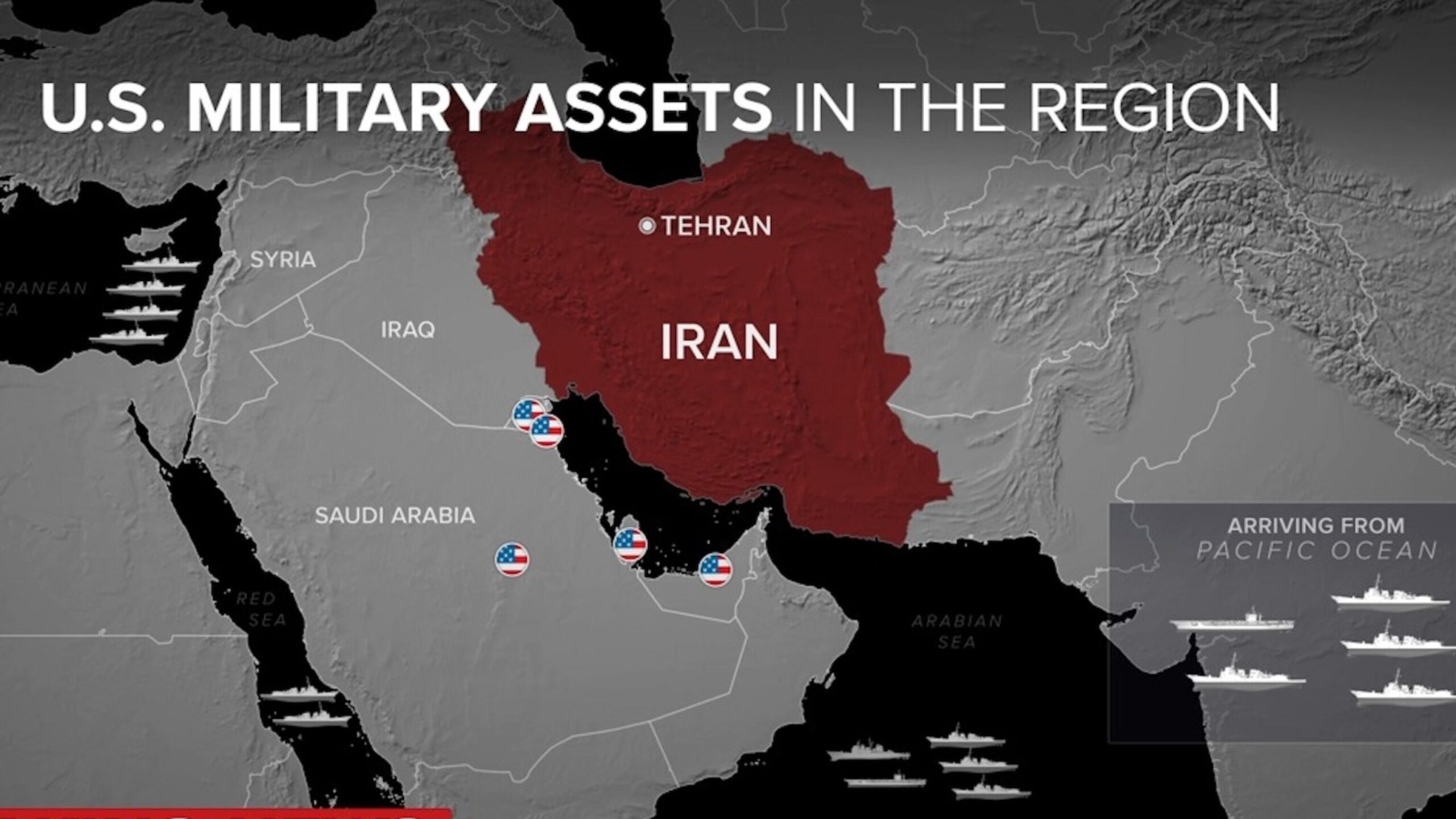
The India-Pakistan water conflict has reached a boiling point following provocative statements from Pakistan Peoples Party (PPP) Chairman Bilawal Bhutto-Zardari and Indian Home Minister Amit Shah. The dispute centers on the Indus Waters Treaty (IWT), a 1960 agreement that governs the sharing of six rivers in the Indus Basin between the two nations. This article explores the recent escalation, its implications, and the broader context of the India-Pakistan water conflict.
Background of the Indus Waters Treaty
The India-Pakistan water conflict stems from the Indus Waters Treaty, signed in 1960 under the World Bank’s mediation. The treaty allocates the waters of six rivers—Indus, Jhelum, Chenab, Ravi, Beas, and Sutlej—between India and Pakistan. India controls the Eastern Rivers (Ravi, Beas, Sutlej), while Pakistan relies heavily on the Western Rivers (Indus, Jhelum, Chenab) for 80% of its agricultural needs. Despite surviving decades of tensions, including wars, the treaty was unilaterally suspended by India on April 23, 2025, following a deadly terrorist attack in Pahalgam, Jammu and Kashmir, which killed 26 civilians.
Bilawal Bhutto’s Provocative Threat
Bilawal Bhutto-Zardari, a prominent Pakistani politician and former foreign minister, escalated the India-Pakistan water conflict with a fiery statement on June 2025. Speaking at a rally, Bhutto warned, “If India does not agree to dialogue, Pakistan will go for another war and six rivers will be ours.” This threat came in response to India’s suspension of the IWT, which Bhutto labeled as an “act of water aggression.” He further stated, “The Indus is ours and will remain ours—either our water will flow through it, or their blood will,” invoking the cultural and historical significance of the Indus River to Pakistan.
- Key Points of Bhutto’s Statement:
- Pakistan views India’s suspension of the IWT as a violation of international law.
- Bhutto tied the Indus to Pakistan’s identity, referencing the Indus Valley Civilization.
- He urged unity among Pakistan’s provinces to defend their water rights.
Bhutto’s rhetoric reflects the deep anxiety in Pakistan, where the India-Pakistan water conflict threatens agriculture, hydropower, and livelihoods, particularly in the Punjab and Sindh provinces.
Amit Shah’s Vow to Divert Water
On June 21, 2025, Indian Home Minister Amit Shah intensified the India-Pakistan water conflict by declaring that India would not restore the IWT. Speaking to the Times of India, Shah stated, “No, it will never be restored. We will redirect the water currently flowing to Pakistan to Rajasthan by building a canal. Pakistan will be starved of water that it has been getting unjustifiably.” This statement followed India’s decision to suspend the treaty, citing Pakistan’s alleged support for the Pahalgam attack, a charge Pakistan denies.
- India’s Actions in the Conflict:
- Suspension of the IWT on April 23, 2025, after the Pahalgam attack.
- Plans to divert water from the Western Rivers to Rajasthan for agricultural use.
- Deportation of Pakistani nationals on short-term visas and tightened border security.
Shah’s vow underscores India’s intent to leverage its upstream position in the India-Pakistan water conflict to exert pressure on Pakistan, raising concerns about regional stability.
Implications of the India-Pakistan Water Conflict
The India-Pakistan water conflict has far-reaching consequences for both nations and the region. Pakistan’s agriculture, which supports 80% of its farmland, faces severe risks if water flows are disrupted. Farmers in Sindh and Punjab have expressed fears of their lands turning into deserts, exacerbating food insecurity in a country of 240 million people. The India-Pakistan water conflict also threatens Pakistan’s hydropower generation and urban water supply.
Regional and International Ramifications
The India-Pakistan water conflict has drawn international attention, with Pakistan labeling India’s actions as a violation of international law. The IWT, designed to be apolitical and permanent, lacks provisions for unilateral suspension, prompting Pakistan to explore legal recourse at global forums like The Hague. Bhutto has called for dialogue to address water security, terrorism, and the Kashmir issue, warning that failure to negotiate could lead to war.
- Global Concerns:
- The suspension sets a dangerous precedent for international water-sharing agreements.
- Analysts warn of heightened risks of armed conflict between the nuclear-armed neighbors.
- Climate change, which affects Himalayan glacier melt, further complicates the India-Pakistan water conflict.
Internal Challenges in Pakistan
The India-Pakistan water conflict has also sparked domestic unrest in Pakistan. The controversial Cholistan canals project, initiated by Pakistan’s military and Punjab government, was suspended in February 2025 after protests in Sindh and pressure from Bhutto’s PPP. Prime Minister Shehbaz Sharif assured that no new canals would be built without consensus, highlighting internal divisions over water management amid the India-Pakistan water conflict.
Historical Context of the India-Pakistan Water Conflict
The India-Pakistan water conflict is not new. The IWT has faced strain in the past, notably after the 2016 Uri attack and the 2019 Pulwama bombing, when India threatened to divert water. Despite these tensions, the treaty endured due to its robust design. However, India’s 2025 suspension marks the first time the agreement has been formally halted, escalating the India-Pakistan water conflict to unprecedented levels.
Why the Conflict Matters
Water is a critical resource in South Asia, and the India-Pakistan water conflict underscores its role as both a lifeline and a potential flashpoint. Pakistan’s dependence on the Indus Basin makes it vulnerable to upstream disruptions, while India’s control over the headwaters gives it strategic leverage. The India-Pakistan water conflict is further complicated by climate change, which reduces water availability and increases the risk of floods and droughts.
- Key Stakes:
- Pakistan’s agricultural and economic stability.
- India’s national security and domestic water needs.
- Regional peace and international water law.
Conclusion: Navigating the India-Pakistan Water Conflict
The India-Pakistan water conflict, fueled by Bhutto’s threats and Shah’s vow, represents a critical juncture in India-Pakistan relations. While Bhutto’s call for war and Shah’s promise to divert water reflect deep-seated mistrust, dialogue remains the only viable path to de-escalation. The international community, including the World Bank, must play a role in mediating the India-Pakistan water conflict to prevent a humanitarian and geopolitical crisis. As tensions rise, the world watches closely, hoping for a resolution that prioritizes cooperation over confrontation in the India-Pakistan water conflict.








